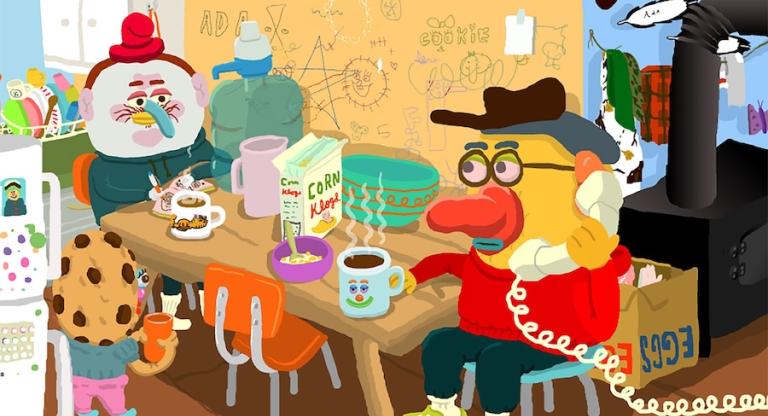
Before collaborating on the all-time horror classic The Innocents (1961), director Jack Clayton and cinematographer Freddie Francis helped inaugurate British cinema's "kitchen sink realism" and its signature "angry young men" with 1959's Room at the Top. After surviving his dismal, coal-stained hometown and a German POW camp, Francis and Clayton's angry young man, Joe Lampton, arrives in Yorkshire with his gaze fixed on "the top." On his first day in town, he points high offscreen to the posh homes overlooking his simple flat and coldly claims he wants all of it.
Shame and class resentment fuel his boundless cupidity, which quickly concentrates upon ingénue Susan Brown, sole heir to a local fortune so vast that rumors hold it claims a house with a swimming pool. Her current beau, the supercilious Jack Wales, comes from similar means and boasts at every opportunity the distinction of having escaped a POW camp. Wales delights in humiliating Lampton's lower military rank and humble background, driving the latter's obsessions into delirium. But while engineering chance encounters with Ms. Brown, he bides his time with Simone Signoret's mournful actress, Alice, and against his professed desire for the good life and her weary circumspection, the two fall in love despite a significant age gap. The scenes between Harvey and Signoret have an aching, shockingly modern quality in which eros and desperation fuse and the film earned an X-rating for its thick atmosphere of sexuality, not the fleeting glimpses of Signoret's thighs. This tangible, potentially life-affirming, affair threatens Lampton's carefully considered plans to join Yorkshire society and pits his ambitions against his poorly understood desires.
Francis and Clayton swing and glide their furtive camera through exquisitely blocked scenes in which characters are handsomely planted across multiple planes like a topiary. The duo would soon deploy a similar technique to stunning effect in The Innocents, and it would become one of Francis' visual trademarks as the director of several remarkable Hammer and Amicus horror films in the 1960s and 70s. As Lampton feels the unbearing heat of polite society's scrutiny, Francis and Clayton's often grotesque composition of the performers underscores his bone-deep class insecurity.

